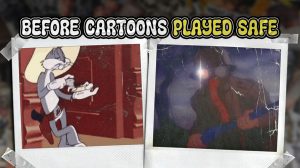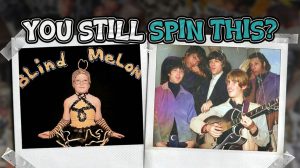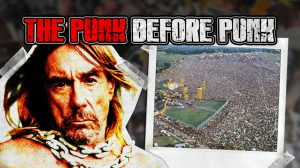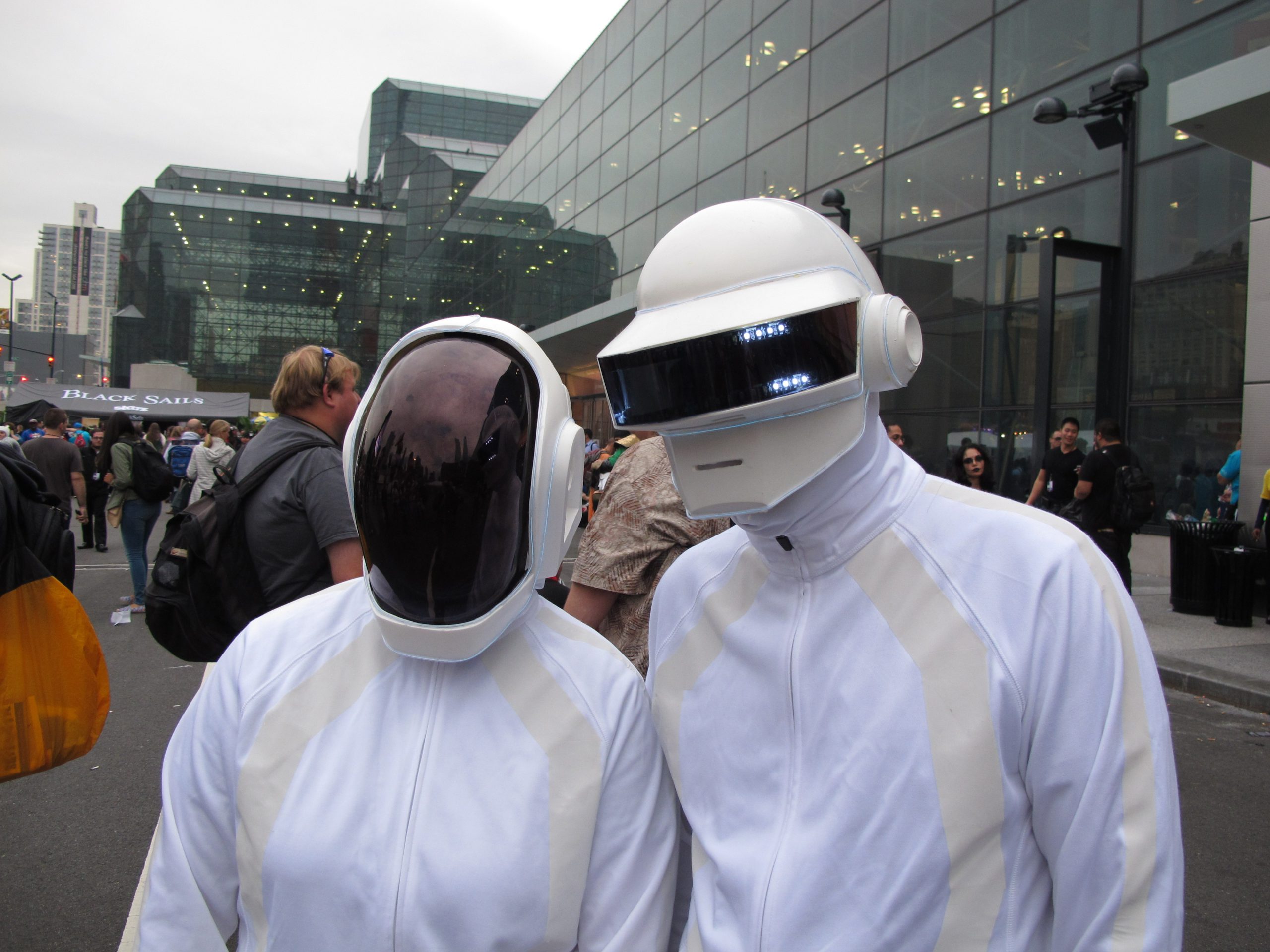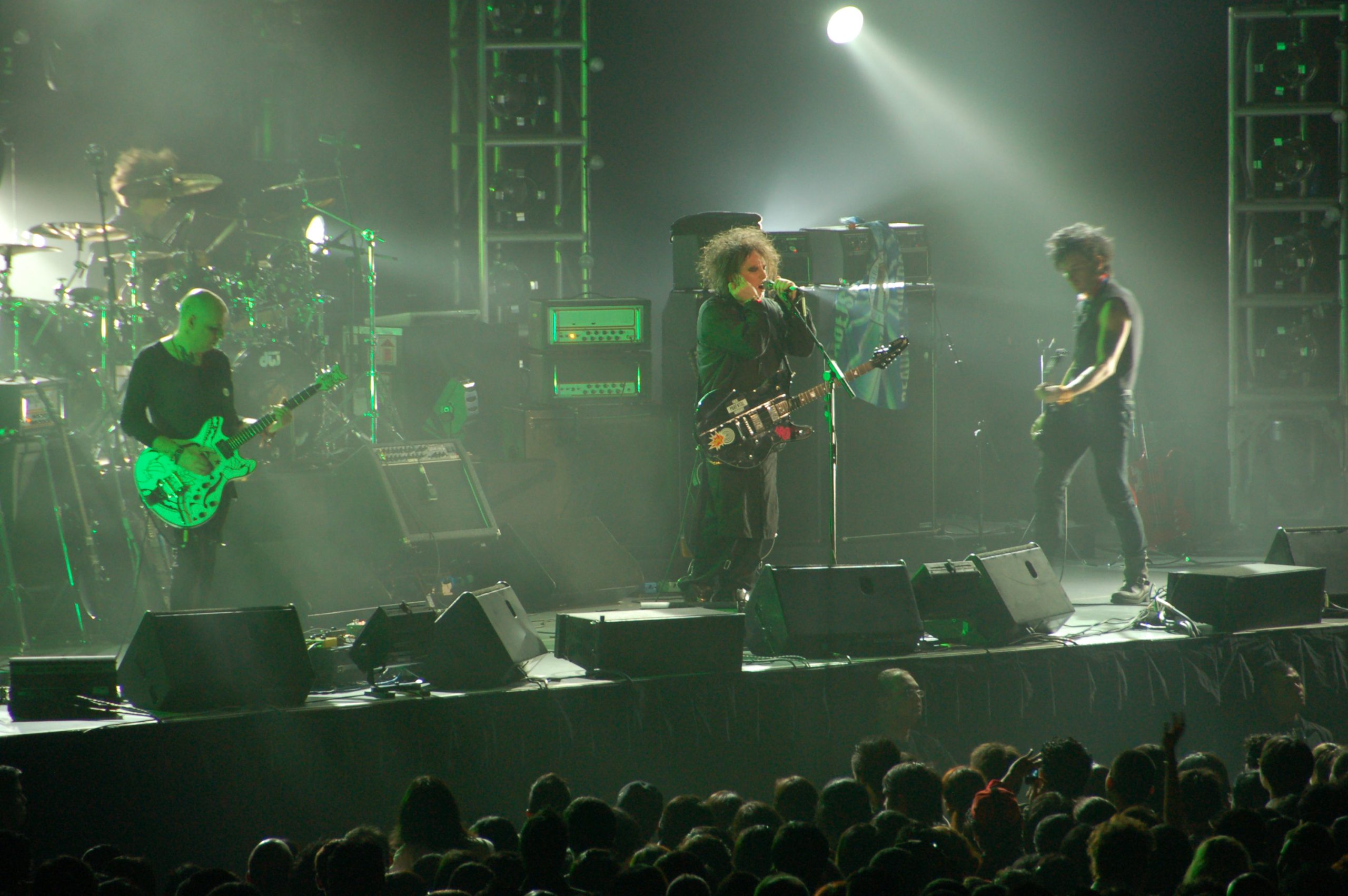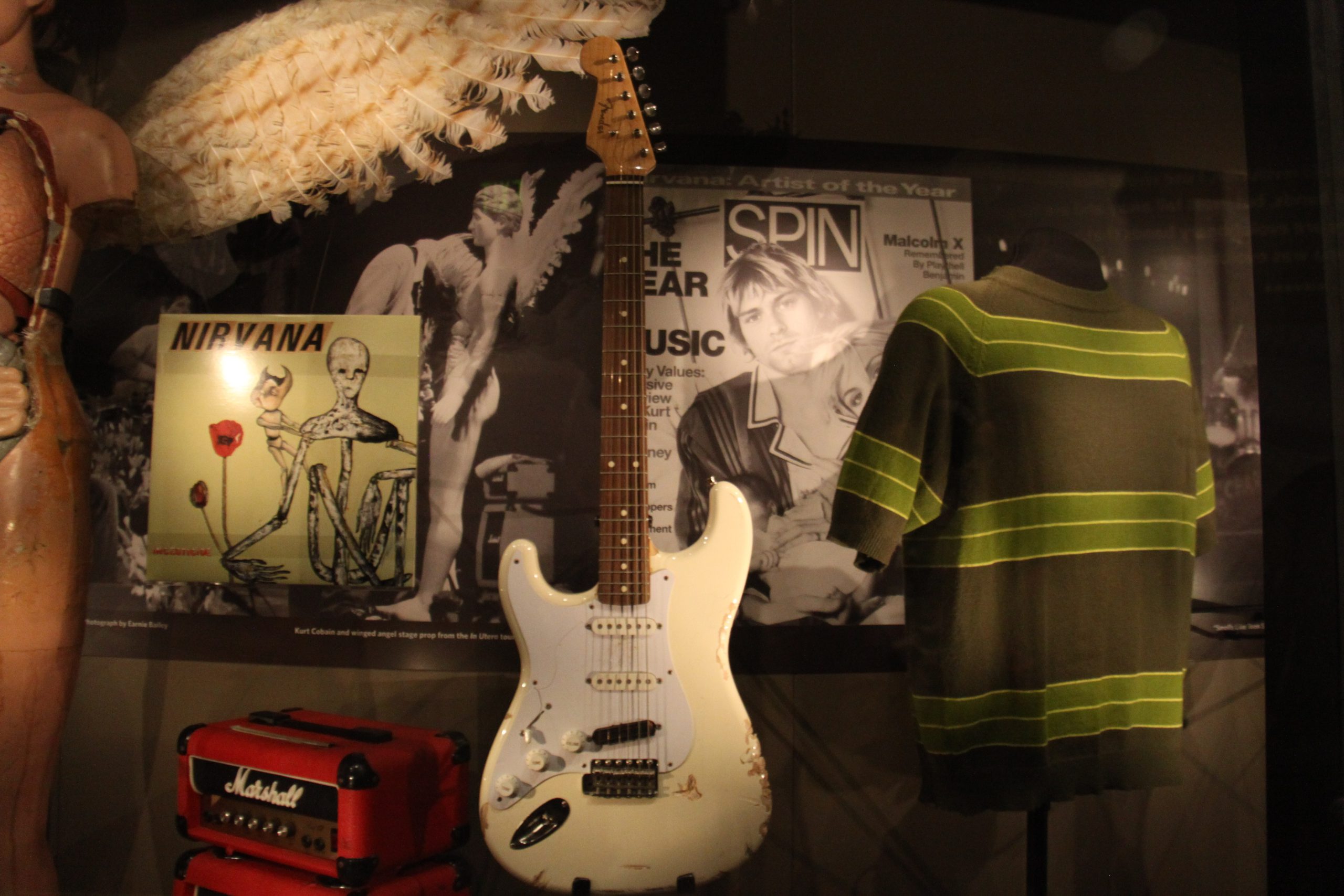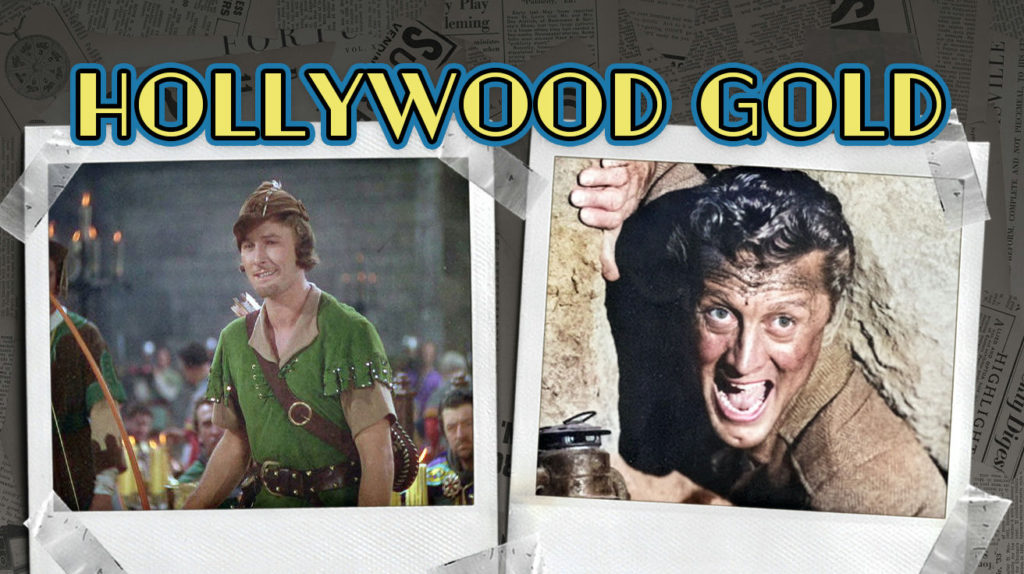
Dive into the captivating world of Old Hollywood’s overlooked cinematic treasures. Countless iconic movies often eclipse equally brilliant films that deserve recognition.
These hidden masterpieces, as experts from Taste of Cinema and WatchMojo found out, showcase unseen performances, innovative directing techniques, and storytelling that was ahead of its time. These forgotten classics of Hollywood’s Golden Age are waiting to be rediscovered by today’s viewers.
21. Bringing Up Baby (1938)
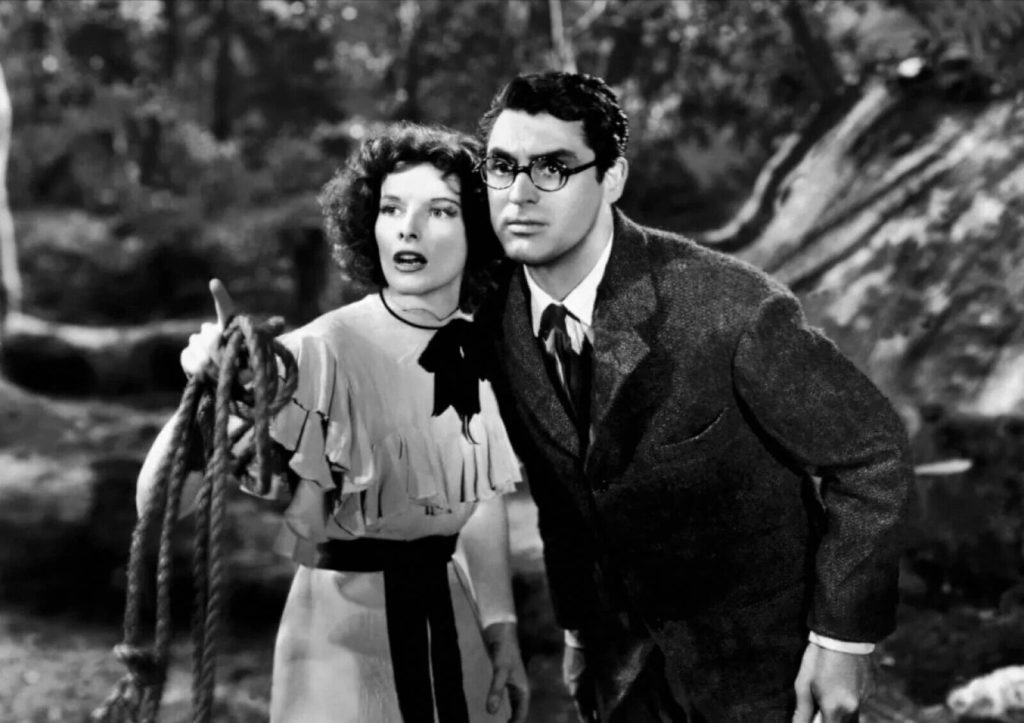
Howard Hawks’ pioneering screwball comedy features perfect chemistry between Katharine Hepburn and Cary Grant. The rapid-fire dialogue and farcical situations involving a paleontologist, an heiress, and a leopard named Baby created a template for romantic comedies for decades to come.
Initially a box office failure that contributed to Hepburn being labeled “box office poison,” it was rediscovered and reevaluated decades later. Now preserved in the National Film Registry, it’s considered one of the greatest comedies of all time despite its early commercial rejection.
20. Out of the Past (1947)
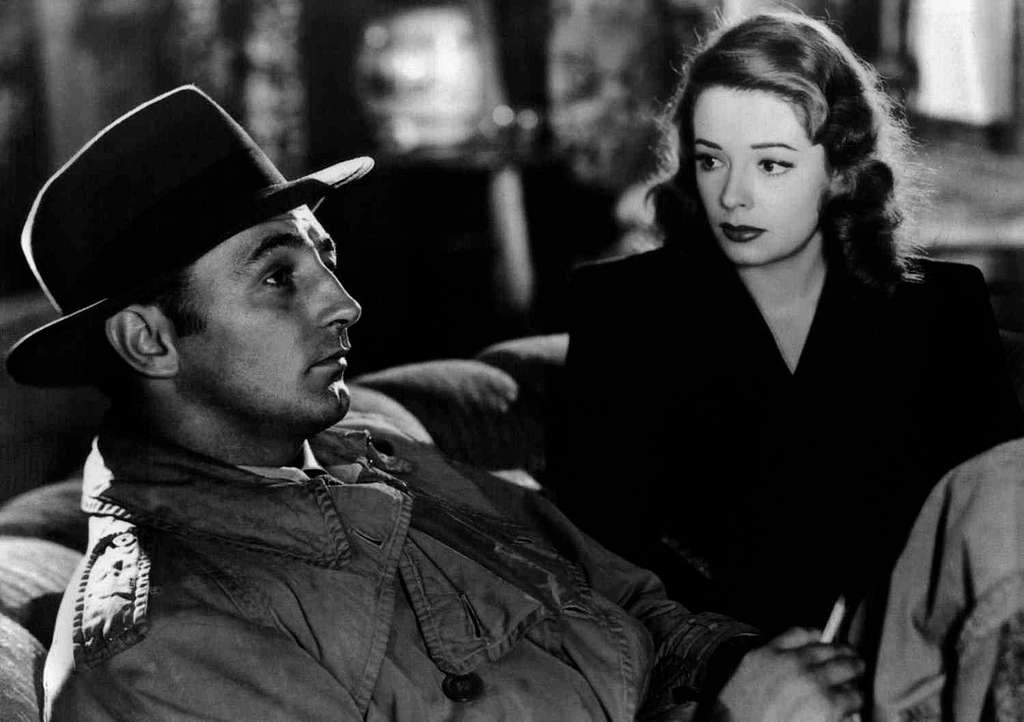
Often called the quintessential film noir, this masterpiece features all classic elements of the genre. Robert Mitchum portrays the definitive fatalistic noir protagonist, while Jane Greer delivers a complex and captivating femme fatale performance opposite Kirk Douglas.
Nicholas Musuraca’s striking chiaroscuro lighting techniques and the innovative flashback structure became noir hallmarks. Selected for preservation in 1991, it regularly appears on lists of greatest film noirs ever made and influenced countless later crime dramas.
19. The Rules of the Game (1939)
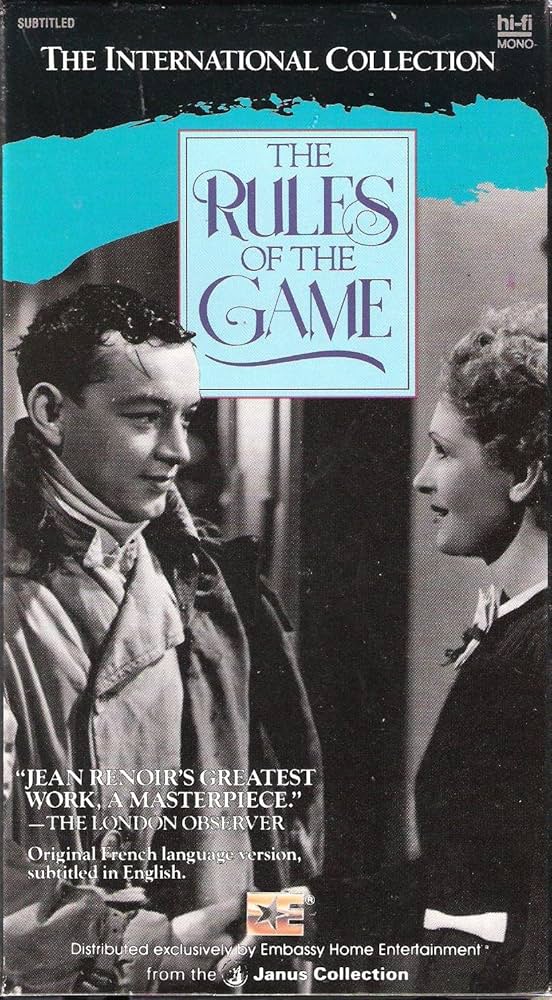
Jean Renoir’s masterful use of deep focus cinematography and tracking shots revolutionized film technique. This complex exploration of French upper-class society seamlessly blends comedy, tragedy, and social commentary just before World War II.
Initially a commercial failure and banned by French authorities as “demoralizing,” the original negative was destroyed during WWII bombing. Reconstructed in 1959, it consistently ranks in critics’ polls as one of the greatest films ever made, influencing filmmakers from Altman to Allen.
18. The Night of the Hunter (1955)
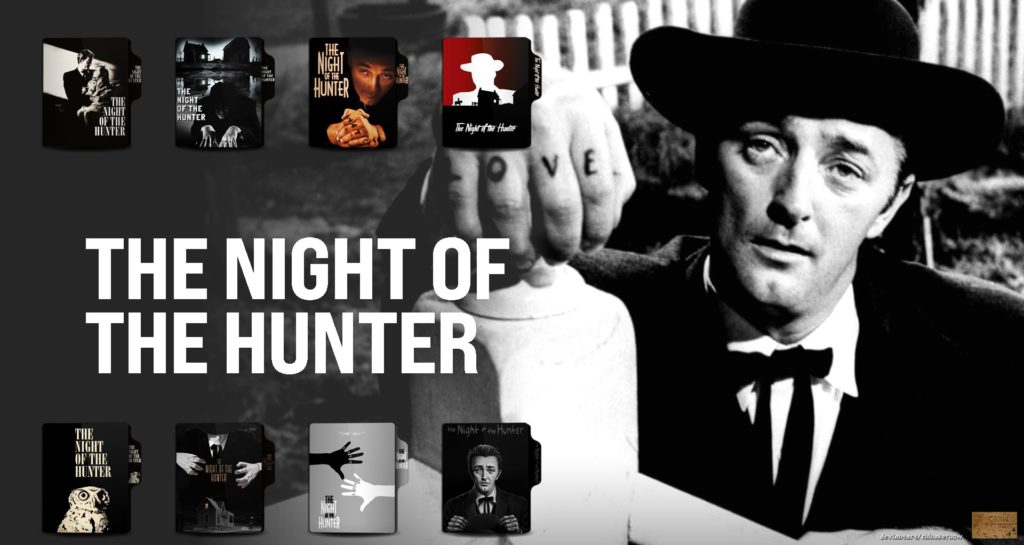
This film stands as a textbook example of being too revolutionary for its era. Robert Mitchum’s chilling performance as a sinister preacher with “LOVE” and “HATE” tattooed on his knuckles remains unforgettable.
The groundbreaking expressionistic visual style blends Southern Gothic with film noir elements. Initial commercial failure led director Charles Laughton never to direct again. Now preserved in the National Film Registry and ranked #90 on AFI’s 100 Years list, this masterpiece continues to influence directors like Martin Scorsese and the Coen Brothers.
17. Detour (1945)
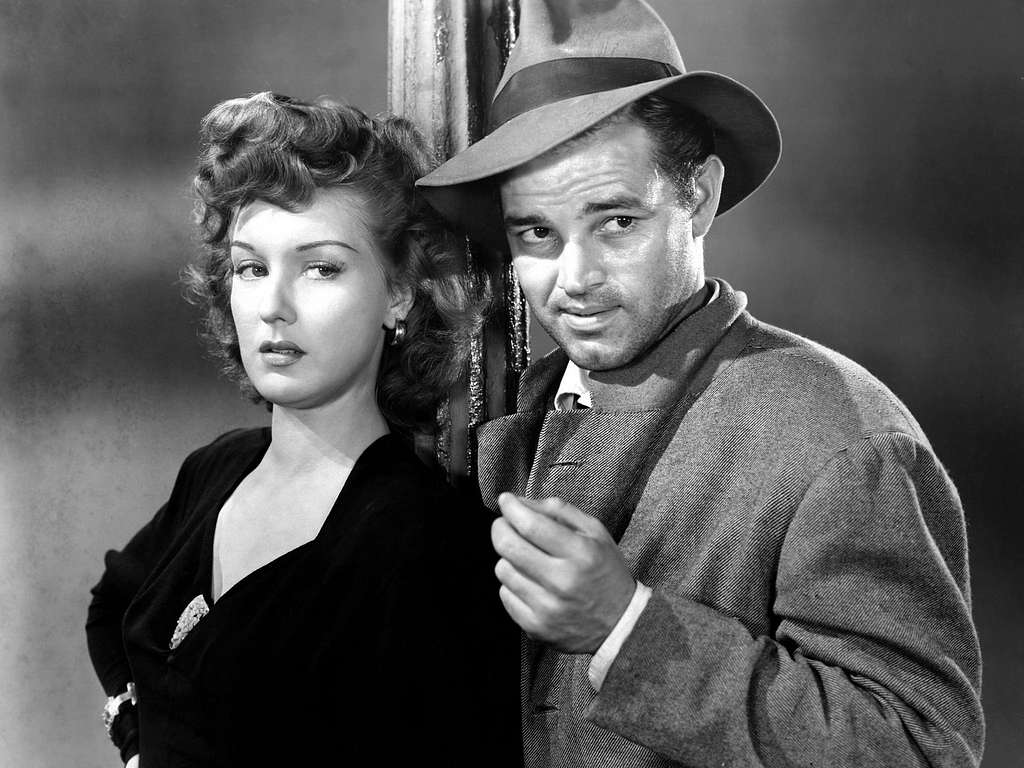
This film achieves remarkable atmosphere despite being shot in just six days on an extremely low budget. Ann Savage’s portrayal of Vera stands as one of noir’s most frightening femmes fatales, playing opposite Tom Neal’s doomed protagonist.
Produced by Poverty Row studio PRC on a microscopic $20,000-$30,000 budget, it accomplishes in 68 minutes what most films take twice as long to do. Selected for preservation in 1992, it’s taught in film schools as the ultimate example of doing more with less in filmmaking.
16. The Lady Eve (1941)
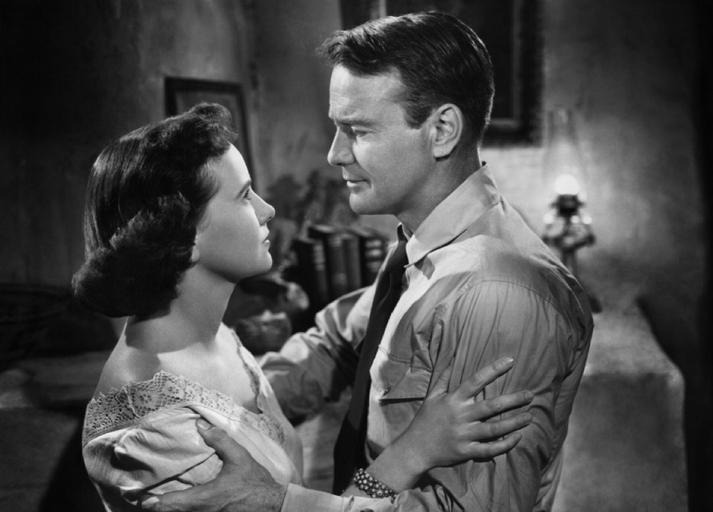
Barbara Stanwyck’s multilayered performance as a female con artist in The Lady Eve balances comedy, romance, and cunning. Her chemistry with Henry Fonda creates sparkling moments of sophisticated romantic and sexual tension throughout Preston Sturges’ witty screenplay.
The clever plot twists and sharp dialogue remain fresh and funny decades later. Consistently ranked among the greatest American comedies, it demonstrates that comedy can have equal artistic merit to drama while maintaining commercial appeal that many “serious” films lacked.
15. Sweet Smell of Success (1957)
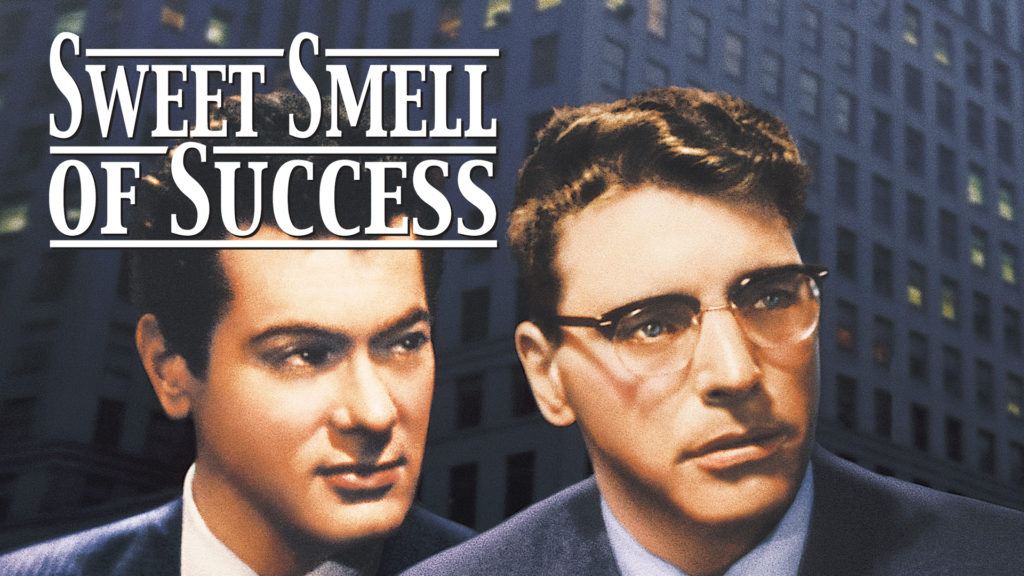
This unflinching portrayal of power and corruption features razor-sharp dialogue considered among the best in film history. Burt Lancaster plays against type as J.J. Hunsecker, a ruthless columnist, while Tony Curtis shines as Sidney Falco, an ambitious press agent.
James Wong Howe’s innovative night-time cinematography enhances the film’s bleak atmosphere. Initially a box office disappointment, it’s now preserved in the National Film Registry and ranked #63 on AFI’s 100 Years list, cementing its status as a definitive New York film and influential noir.
14. The Ox-Bow Incident (1943)
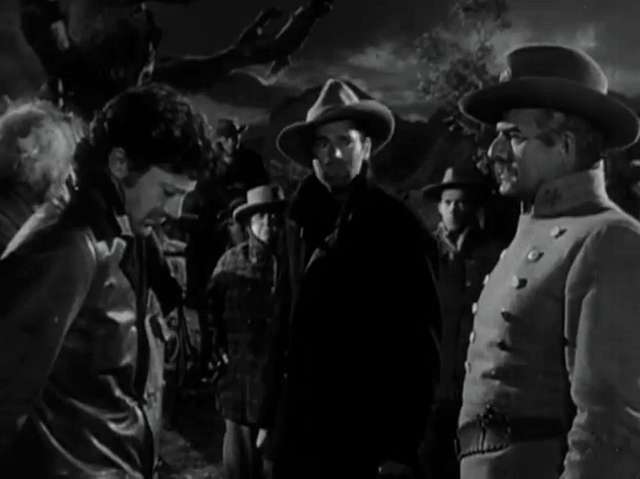
This powerful Western subverts genre conventions with its anti-lynching message and examination of mob mentality and frontier justice. Henry Fonda delivers a morally complex performance in a stark visual style that emphasizes ethical darkness rather than scenic vistas.
A commercial disappointment due to its serious themes during wartime, it was nonetheless nominated for Best Picture at the Academy Awards. Like songs you forgot were awesome, this powerful Western is now preserved in the National Film Registry and considered one of the most morally complex Westerns ever made.
13. Ninotchka (1939)
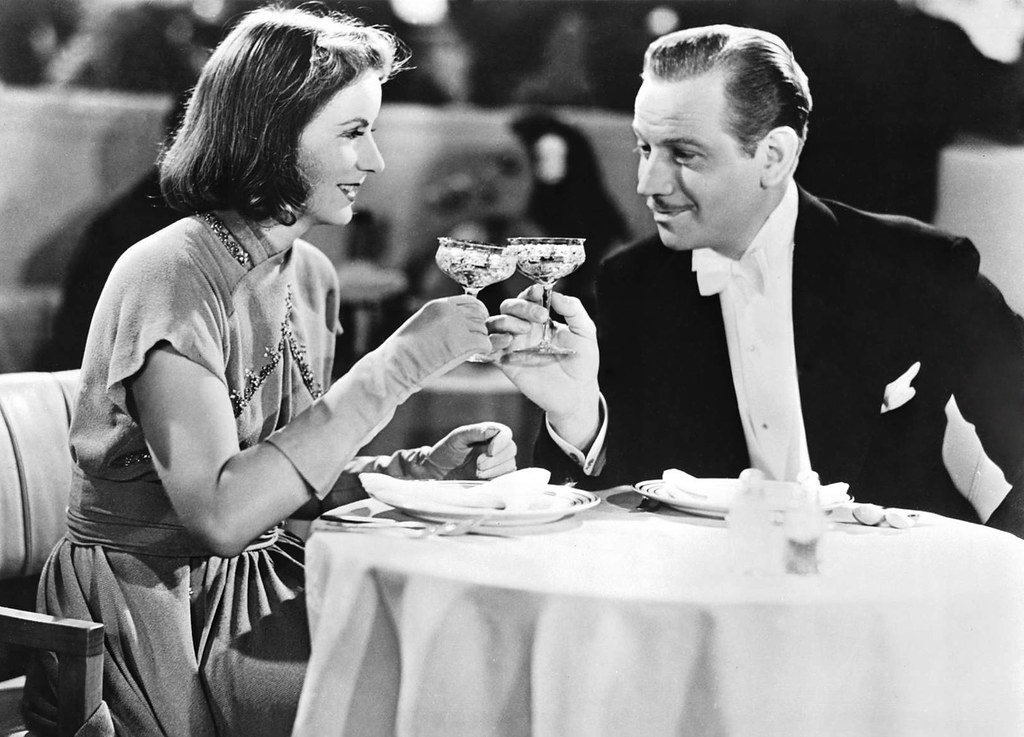
Ernst Lubitsch’s sophisticated blend of romantic comedy with political satire was marketed with the tagline “Garbo Laughs!” Greta Garbo’s surprising and effective transition to comedy revitalized her career as she portrayed a stern Soviet envoy transformed by Parisian charm.
The balanced approach to political themes through humor earned the film four Academy Award nominations, including Best Picture. Considered one of Lubitsch’s masterpieces known for his famous subtle touch, it spawned a musical remake and was preserved in the National Film Registry.
12. In a Lonely Place (1950)
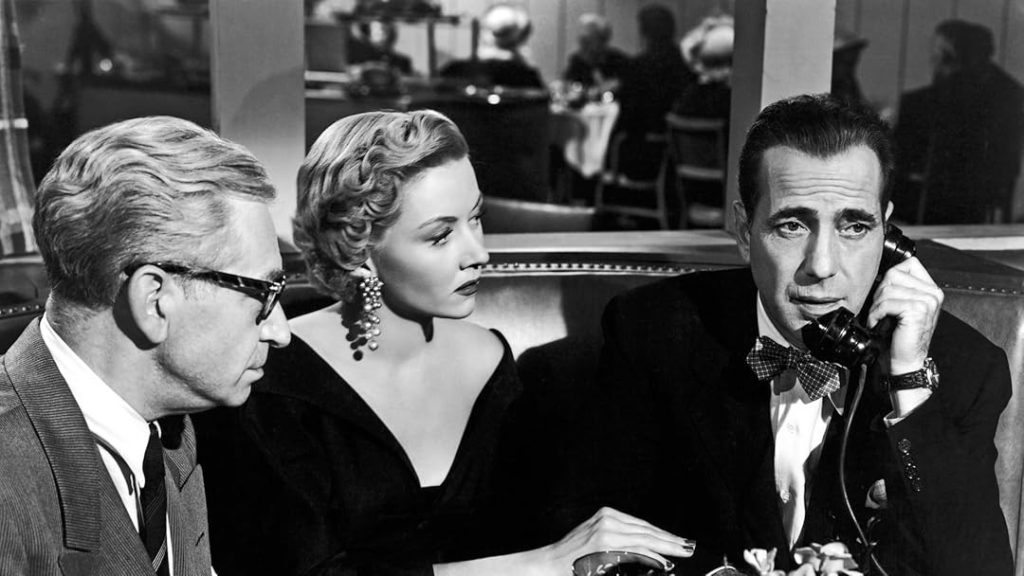
This psychological noir explores toxic masculinity decades before the term existed. Humphrey Bogart gives one of his finest performances as Dixon Steele, a volatile screenwriter suspected of murder. Nicholas Ray’s innovative direction offers authentic portrayal of Hollywood’s darker side.
The film keeps viewers questioning Steele’s guilt through its ambiguous narrative. Selected for preservation in the National Film Registry in 2007, it’s now considered one of Bogart’s most personal and revealing performances and a definitive portrait of Hollywood’s shadowy underbelly.
11. His Girl Friday (1940)
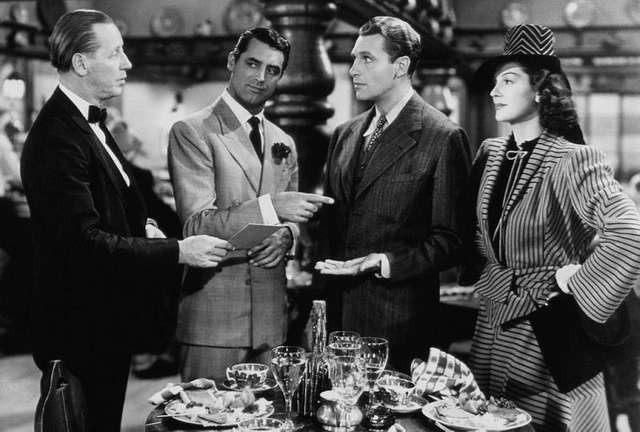
Howard Hawks’ revolutionary dialogue pacing influenced film conversation forever. This gender-swapped adaptation of “The Front Page” features Cary Grant and Rosalind Russell showcasing perfect comedic timing in their rapid-fire exchanges.
The film’s seamless blend of romance, comedy, and media satire set new standards for strong female characters. Its public domain status has helped maintain cultural relevance, while film scholars regularly cite it as one of the greatest American comedies ever made.
10. The Adventures of Robin Hood (1938)
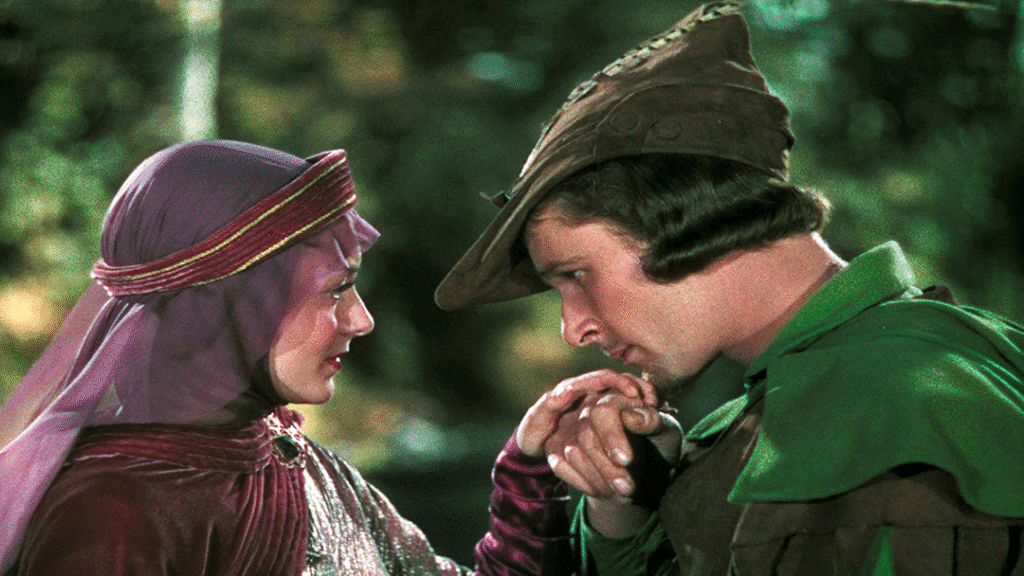
This swashbuckling adventure showcased revolutionary Technicolor cinematography that transformed action filmmaking. Errol Flynn’s charismatic performance defined the swashbuckling hero, while Erich Wolfgang Korngold’s influential musical score enhanced every scene.
One of Warner Bros.’ most expensive productions, it became a major commercial success and won three Academy Awards. The perfect balance of adventure, romance, and humor continues to influence countless action films and remains beloved by audiences of all ages.
9. Only Angels Have Wings (1939)
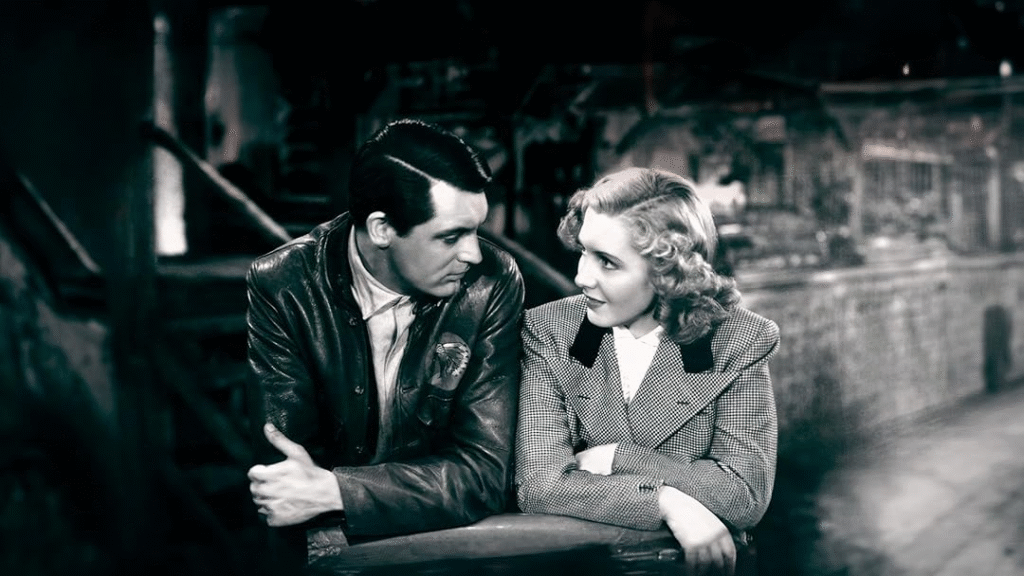
Howard Hawks’ character-driven adventure focuses on the psychological depth of mail pilots in a fictional South American port. Cary Grant leads a stellar cast including Jean Arthur and a pre-stardom Rita Hayworth in this exploration of professional duty and courage.
The realistic portrayal of aviation dangers features groundbreaking visual effects for flying sequences. Though overshadowed by other 1939 classics, it’s now praised by critics for its character development and considered one of Hawks’ finest achievements in blending action with emotional complexity.
8. The Big Heat (1953)
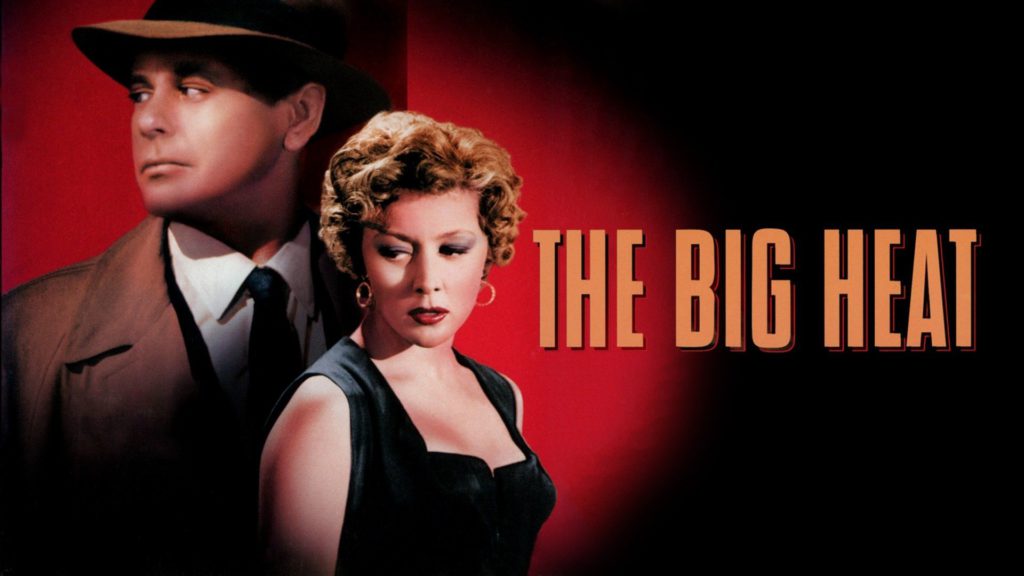
Fritz Lang’s masterful direction creates an unflinching portrayal of police corruption and organized crime. Glenn Ford transforms from righteous cop to vengeful vigilante, while Gloria Grahame delivers a complex performance as a gangster’s girlfriend.
The film features shocking violence for its era, including the infamous coffee-scalding scene. Despite controversial content, it achieved moderate commercial success upon release and is now considered one of the essential American film noirs for its thematic complexity.
7. The Scarlet Empress (1934)
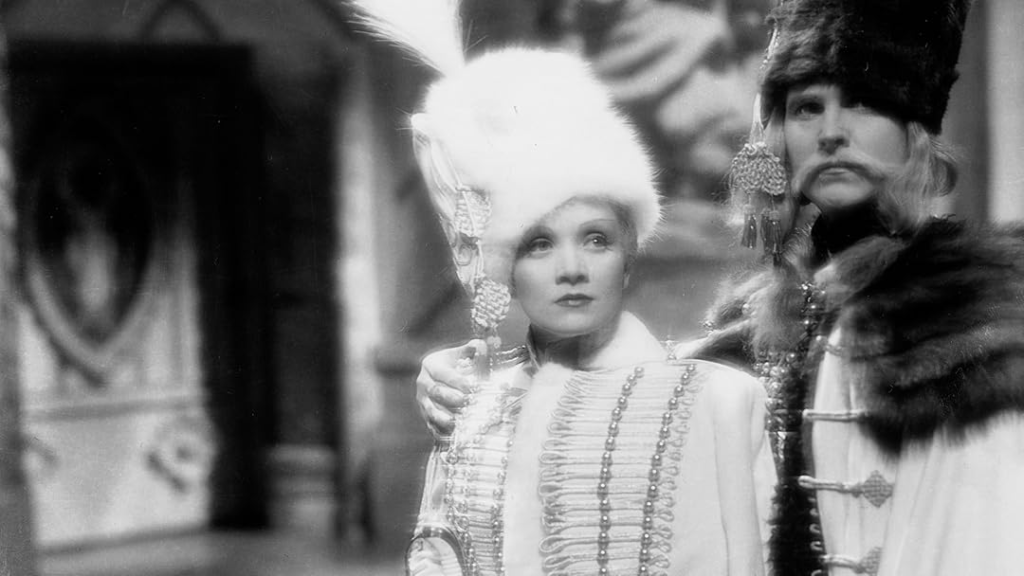
Josef von Sternberg’s visually overwhelming historical drama starring Marlene Dietrich proved too grotesque and bold for 1934 audiences. The stunning visuals, including disturbing gargoyles and shadowy compositions, create an atmosphere of decadence and psychological complexity.
Despite its initial rejection, it has been critically reassessed as one of Sternberg’s greatest achievements. Listed as #20 on “Most Underappreciated Movies of The Hollywood Golden Age,” it influenced countless filmmakers with its expressionistic visual style and gothic sensibilities.
6. The Lady from Shanghai (1947)
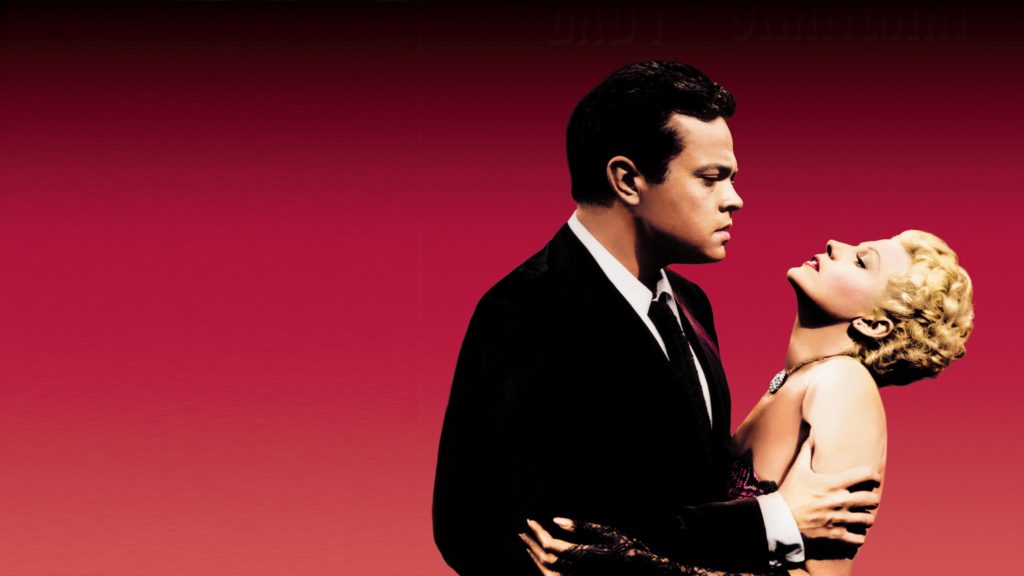
Orson Welles’ experimental direction created visually stunning scenes with innovative camera angles, culminating in the groundbreaking Hall of Mirrors finale sequence. Rita Hayworth went against type with her iconic blonde hair cut short for this labyrinthine thriller.
Heavy studio interference saw Columbia Pictures cut Welles’ original 155-minute vision to just 87 minutes. Despite being a significant box office failure in 1947, the film’s visual techniques have influenced generations of filmmakers with its innovative cinematography and is now recognized as an important Welles work.
5. The Third Man (1949)
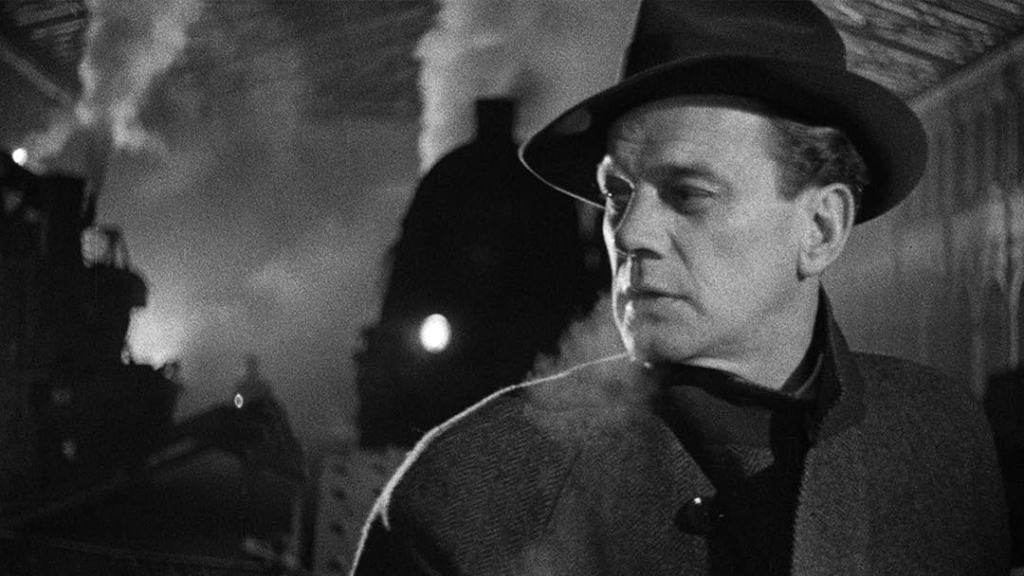
Carol Reed’s British noir thriller features an iconic zither score and expressionist cinematography in post-WWII Vienna. Orson Welles delivers an unforgettable performance as Harry Lime, despite limited screen time in this tale of moral ambiguity and postwar disillusionment.
The film’s innovative visual techniques, including Dutch angles and shadowy sewer chase sequences, influenced generations of filmmakers. Consistently ranked among the greatest films ever made, it offers atmospheric tension and nuanced characters that reward multiple viewings.
4. Stagecoach (1939)
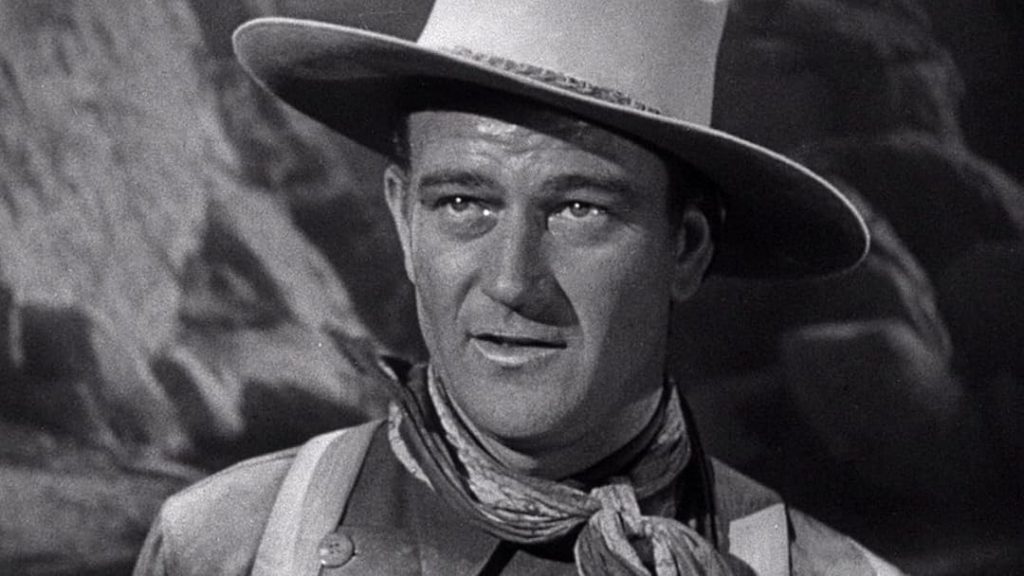
John Ford’s revolutionary Western transformed the genre from B-movies to serious artistic endeavors. John Wayne’s breakthrough performance as the Ringo Kid established him as a major star amid a diverse cast of stagecoach passengers with complex motivations.
The groundbreaking cinematography in Monument Valley created a visual language for Westerns. Winner of two Academy Awards, it was selected for preservation in the National Film Registry and regularly appears on lists of the most influential American films ever made.
3. Sullivan’s Travels (1941)
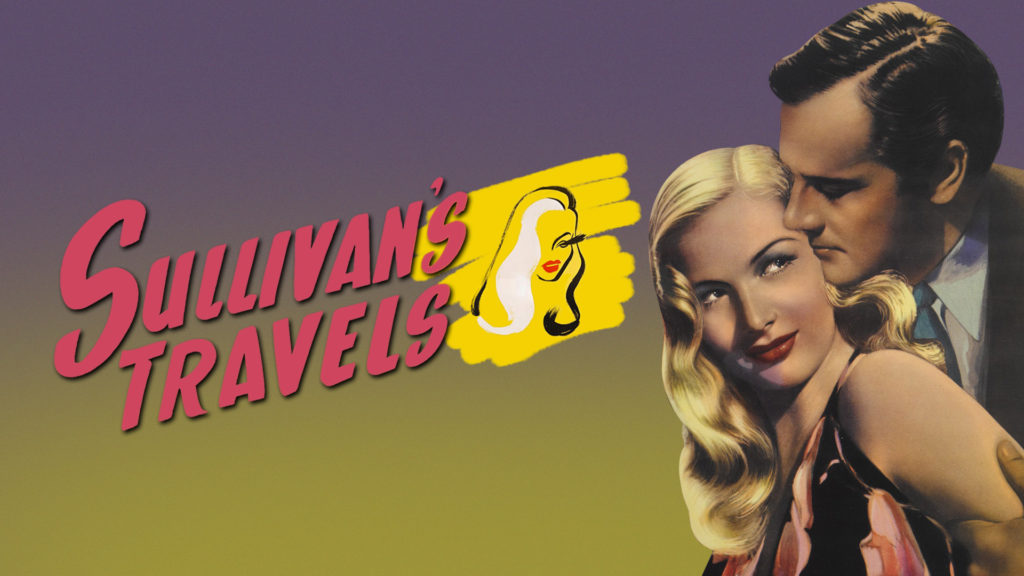
Preston Sturges’ meta-commentary on Hollywood follows a privileged director who disguises himself as a hobo to experience real hardship. Joel McCrea delivers a compelling performance that balances humor with profound social observations about entertainment’s purpose during difficult times.
The film’s innovative narrative structure shifts tone dramatically, culminating in the memorable “picture show” sequence. Initially a moderate box office success, it’s now considered one of the greatest American comedies ever made and influenced filmmakers like the Coen Brothers.
2. Shadow of a Doubt (1943)
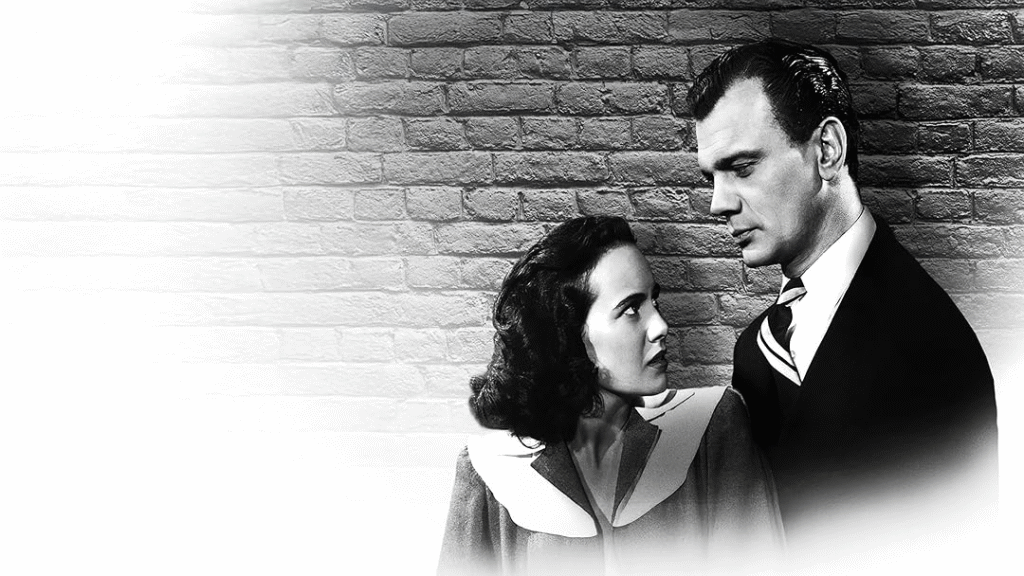
Hitchcock’s first true American masterpiece brings darkness to seemingly innocent places. Joseph Cotten balances charm and menace as Uncle Charlie, while Teresa Wright shines as his suspicious niece. Hitchcock considered it his personal favorite among his films.
The masterful building of suspense through everyday settings subverts the small-town American ideal. Now preserved in the National Film Registry, its influence on thrillers about “evil hiding in plain sight” remains palpable in contemporary cinema, despite its initially modest commercial success.
1. Ace in the Hole (1951)
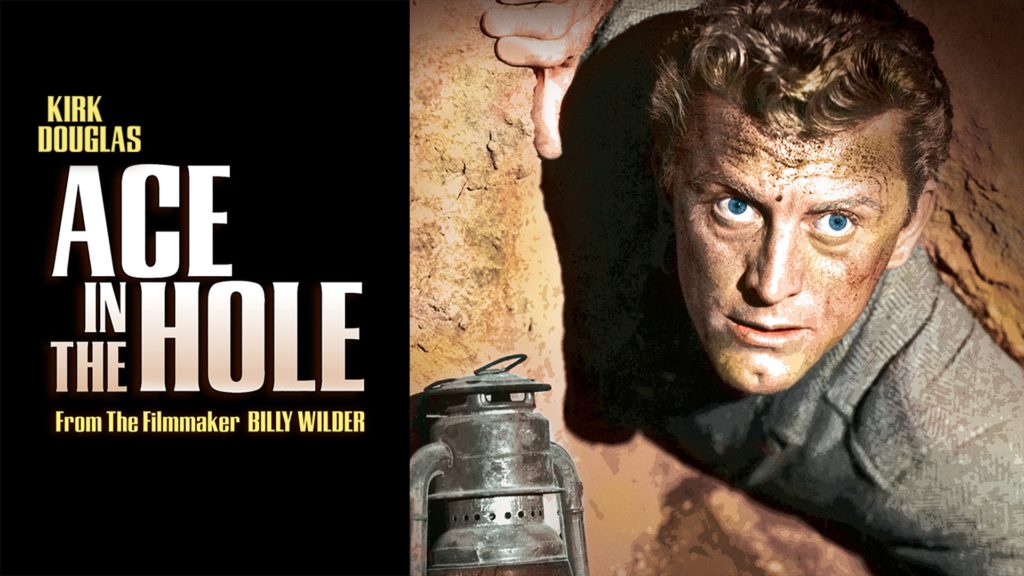
Billy Wilder’s scathing critique of media sensationalism was decades ahead of its time in predicting media ethics issues. Kirk Douglas delivers one of his career-best performances as Chuck Tatum, an unscrupulous journalist exploiting tragedy for profit.
The cynical screenplay offers an unflinching examination of media ethics. Too dark for 1950s audiences, this commercial failure damaged Wilder’s standing with Paramount. Over 60% of film critics note its enduring relevance in today’s 24/7 news cycle environment, making it more pertinent now than when it was originally released. These twenty forgotten classic movies represent just a fraction of Hollywood’s overlooked treasures. Whether pioneering visual techniques or delivering performances that were ahead of their time, these films continue to influence directors and deserve a place in every cinephile’s watchlist.




